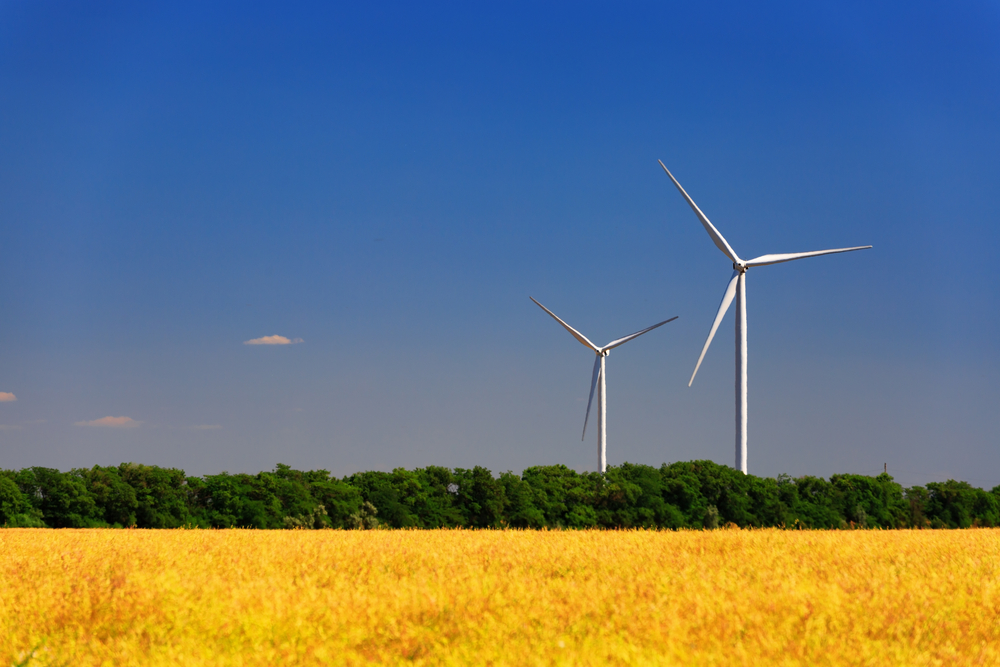Ethical and sustainable means of investing has become a global phenomenon of late, and caught the eyes of investors across the world. MSCI (Morgan Stanley Capital International) states that $30 trillion has been invested in environmental, social and governance (ESG) funds so far. The latest data by EPFR (Emerging Portfolio Fund Research) reveals SRI (socially responsible investing) has seen a record inflow of $168.74 billion in 2020 ($63.34 billion in 2019). While ESG investing did gain prominence over the years, the pandemic played a big role in bringing out further importance of this trend.
Though the Covid-19 pandemic hit demand for green bonds in the short term, the crisis ultimately encouraged global opinion on the need for investment that promotes social good. Mass migration, coupled with effects of resettlement owing to severe weather events such as droughts, floods and wildfires, demonstrated why ESG practices as part of business protocols are imperative. It is evident and documented that investors have realised how propositions based on ESG connect with value creation for stakeholders and the economy alike. This holds true for India as well.
But what are the drivers fuelling this interest?
Some prominent ESG funds that first made their appearance in recent years in Indian markets include AXIS AMC and ICICI Prudential, who initiated ESG funds, SBI, who reclassified their equity fund, and Mirae Asset Mutual Fund who introduced the ESG ETF (Exchange Traded Fund) etc. It coincided with Nifty ESG Index delivering higher returns than five-year trend of Nifty50 in 2020 — an uncommon pattern. As per S&P’s Global Market Intelligence analysis, 14 of 17 exchange-traded and mutual funds reported consistently higher returns than the S&P 500 in 2020.
It is estimated that one in every three investments in the world will be ESG-mandated by 2025. The robust performance, even while markets were unruly, speaks volumes about the conviction of investors in ESG funds. For a start, the worldwide demand for oil plunged dramatically for the first time in recorded history, turning negative in 2020. This, coupled with the global humanitarian emergency, drew focus on ESG concerns of governments and companies alike, at an unparalleled scale. Rather than inanities and marketing-led discounts, businesses now need to go beyond addressing sentiments and turning them into measurable actions. With this, not only is ecological impact investing seen as the right choice for ethical reasons, but also one filled with prospective long-term returns. Most big companies are gradually formulating ESG strategies at the board level to ensure they continue to remain attractive to investors.
With uncertainty over when the pandemic will end, while economies are adapting to the new normal, businesses may still feel the need to lean towards pre-Covid-19 status quo. However, if they disregard the need to reinvent themselves, they will most certainly fall behind competitors in the long run. In the post-Covid-19 world, this is the truth.
While profits have conventionally been viewed as the most crucial and simplest metric for investors, this trend is slowly dying out. Investments are now clearly bound to the impact a business makes on people and the planet. If they continue to ignore the importance that ESG carries, they will possibly invite reputational, litigation, regulatory and financial risks. For businesses to tide through this, audacious leadership and considerate reinvention are vital.
As a signatory to the Paris Climate Change Agreement, India, which is the world’s third largest contributor of carbon emission and has nearly half the emissions due to coal-based thermal power plants and cement manufacturing, has a lot to lose from climate change. As a matter of fact, 2020 was a landmark year with more countries including India, Austria, China, Brazil and Switzerland, committing to a ‘zero-carbon goal’. This is expected to give rise to newer models of circular economy and renewable trading processes.
India is committed to generate 40 per cent of its electricity through non-conventional energy sources. Thus, its corporations and policymakers have a large role to play to reach net-zero in the long run. The country’s largest thermal power producer has pledged to generate 30 per cent of its capacity through non-conventional means by 2030 and has also decided not to buy new land for coal plants. Undeniably, more companies are expected to follow suit.
Polymer companies, which supply packaging to FMCG brands, have re-shuffled their product portfolio to include recyclable packaging, and replaced fossil fuel-based packaging with ones made of plastic waste, thus helping CPGs achieve SDGs (sustainability development goals) and show the world initiatives that can be undertaken to prevent plastic waste from reaching landfills and oceans.
While corporates, businesses and industries have been involved in CSR, it is no longer enough to just engage in activities that benefit a part of society. The new-normal demands newer ways to innovate and ensure processes are re-structured in a way that humanity and the planet is benefitted, and not impacted adversely. The pandemic is proof that globalisation can go beyond expansions of markets for one business. It has brought countries across the seas to come together and work towards vaccines, aides, and communications. It has taught businesses not to waste a crisis; how to turn an adversity into an opportunity and ensure compliance with ESG. And how, by aligning business impact and goals to action, all in the spirit of humanity, we can accomplish enormous feats. Even when we are past the pandemic, businesses and investors will continue to have a greater consideration for sustainability in society.
The writer is Global CFO & Group President (Finance), UFlex
DISCLAIMER: Views expressed are the author’s own, and Outlook Money does not necessarily subscribe to them. Outlook Money shall not be responsible for any damage caused to any person/organisation directly or indirectly.









